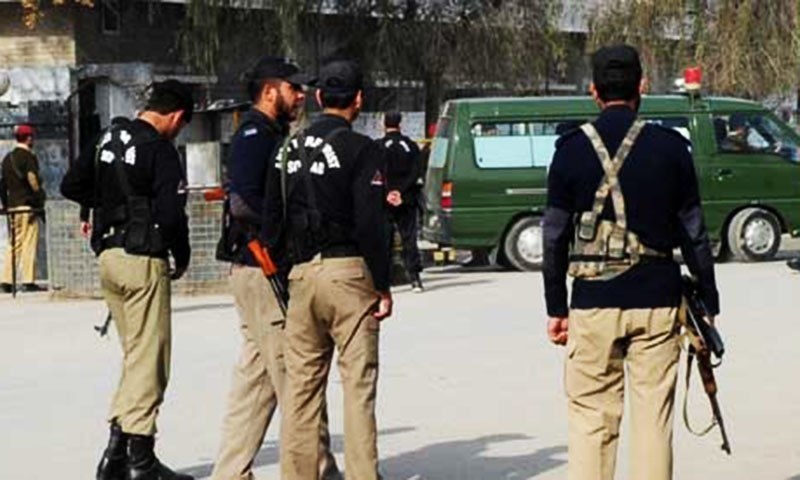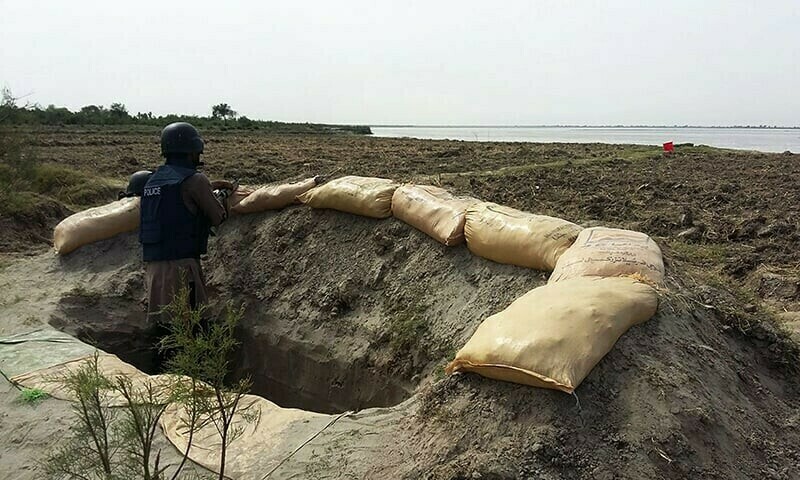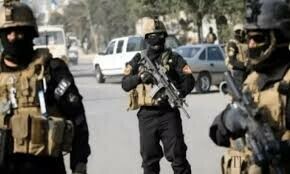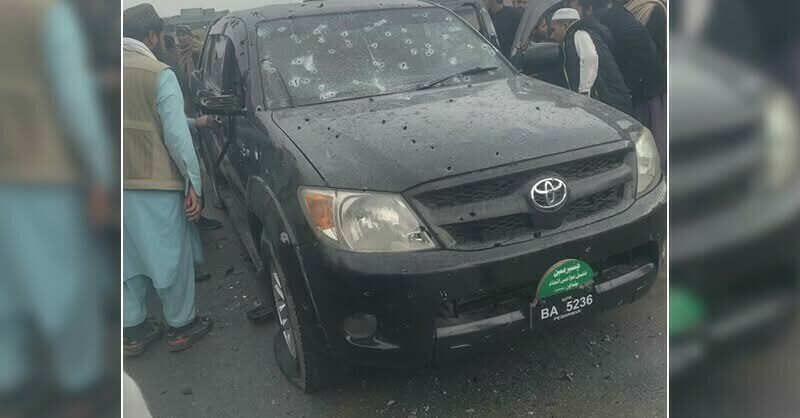CRIME

Militants applied features from the popular video game PlayerUnknown’s Battleground (PUBG) to coordinate an attack on the Banr police station in Swat, which left one policeman martyred and two others injured. Senior officials have revealed that the attackers used the game's chat room to communicate in an attempt to evade electronic surveillance.
The attack, which occurred on August 28, led to an extensive investigation by the district police of Swat. According to District Police Officer Dr. Zahidullah, CCTV footage played a crucial role in identifying the attackers. After hours of monitoring, one suspect was traced to the scene of the crime, but the investigation faced unique challenges.
"The militants never used conventional means of communication," said Dr. Zahidullah. "Instead, they used PUBG’s chat room to coordinate their activities and avoid being tracked." This made the investigation more difficult, as the group was highly elusive, constantly switching mobile devices and SIM cards to avoid detection.
The militants, according to the police, were part of a local faction of the banned Tehreek-i-Taliban Pakistan (TTP), led by Murad alias Rehmatullah. Murad and the families of the suspected militants are believed to be based across the border in Afghanistan. Police confirmed that the militants practiced for attacks by playing PUBG, using it to mentally prepare themselves for real-life violence.
The investigation revealed that the attackers used an improvised explosive device (IED) made from a power bank, typically used to charge mobile phones, rather than the initially suspected hand grenade. This level of sophistication demonstrates the evolving tactics of militant groups in the region.
Dr. Zahidullah also noted that the attackers, once arrested, revealed the names of other group members, leading to further apprehensions. The police confirmed that the group had maintained contact with family members and associates across the border, although none of the militants had recently traveled to Afghanistan.
The use of PUBG as a communication tool highlights the increasing creativity of militant groups as they adapt to new technologies to evade detection. The revelation raises concerns about how these groups are utilizing seemingly harmless platforms for dangerous purposes.
The district police of Swat, alongside national security agencies, continue to investigate the attack and pursue leads to dismantle this new method of communication. As security forces remain on high alert, they face the challenge of tackling an enemy that is growing more tech-savvy and elusive.
With more than 2,000 families of militants from Swat reportedly living in Afghanistan, the cross-border threat remains a significant security concern for law enforcement agencies. This incident underscores the evolving nature of militancy and the need for enhanced surveillance to stay ahead of these dangerous tactics.




